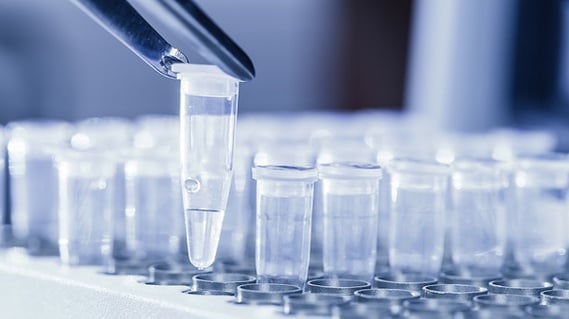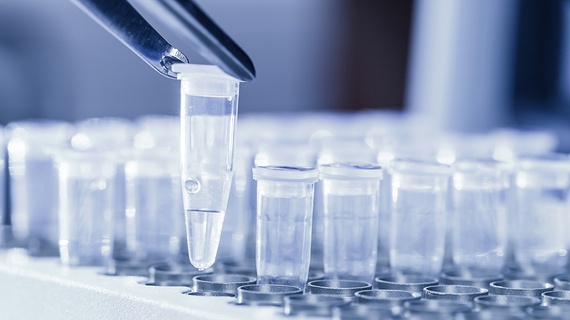
Scientists are always looking for new and innovative ways to detect dangerous bacteria – and that includes the potentially lethal legionella pneumophila strain. One such interesting detection technique is the polymerase chain reaction (PCR) method. PCR can copy a high number of short DNA sections from even the smallest sample in a process known as amplifying. It means that specific branches of bacteria can be studied more closely, allowing for more information to be discovered.
Bacteria, as strange as it may sound, does have DNA. It is, after all, a living organism. And each different bacteria has a unique set, just like humans. DNA is the basis of all life, and is, in its simplest form, a sequence of four ‘bases’ (adenine, thymine, guanine, and cytosine) which are repeated in sequence. No sequence is the same, giving billions of different variations. By isolating the DNA of legionella bacteria, more can be found out about it.
The PCR method
The PCR method involves repeated cycles of cooling and heating to separate the specific strands of DNA that are required.
The first step is to ‘denature’ the DNA. This is the process of separating the DNA into two single strands (rather than the famous double helix), and this is done by raising the temperature to 95° C. When the strands are separated, the sample is cooled to 55° C in the ‘annealing’ stage. Cooling the sample means that the primers within the DNA bind together. The third step is to raise the temperature again, but this time to just 72° C. This enables the strand of DNA to polymerase, which means that it melds together once more, so that the single strands become one double strand.
This process of cooling and heating is repeated a number of times, and each time another strand of DNA is created. This amplification of the genetic material makes it much easier to study. It is estimated that by the time 40 cycles have passed, a billion copies of the original DNA sample have been created. And what’s even more incredible is that the process only takes a few hours.
Want to learn more about legionella testing? Get in touch with Brodex today – we’d be happy to discuss your requirements.







